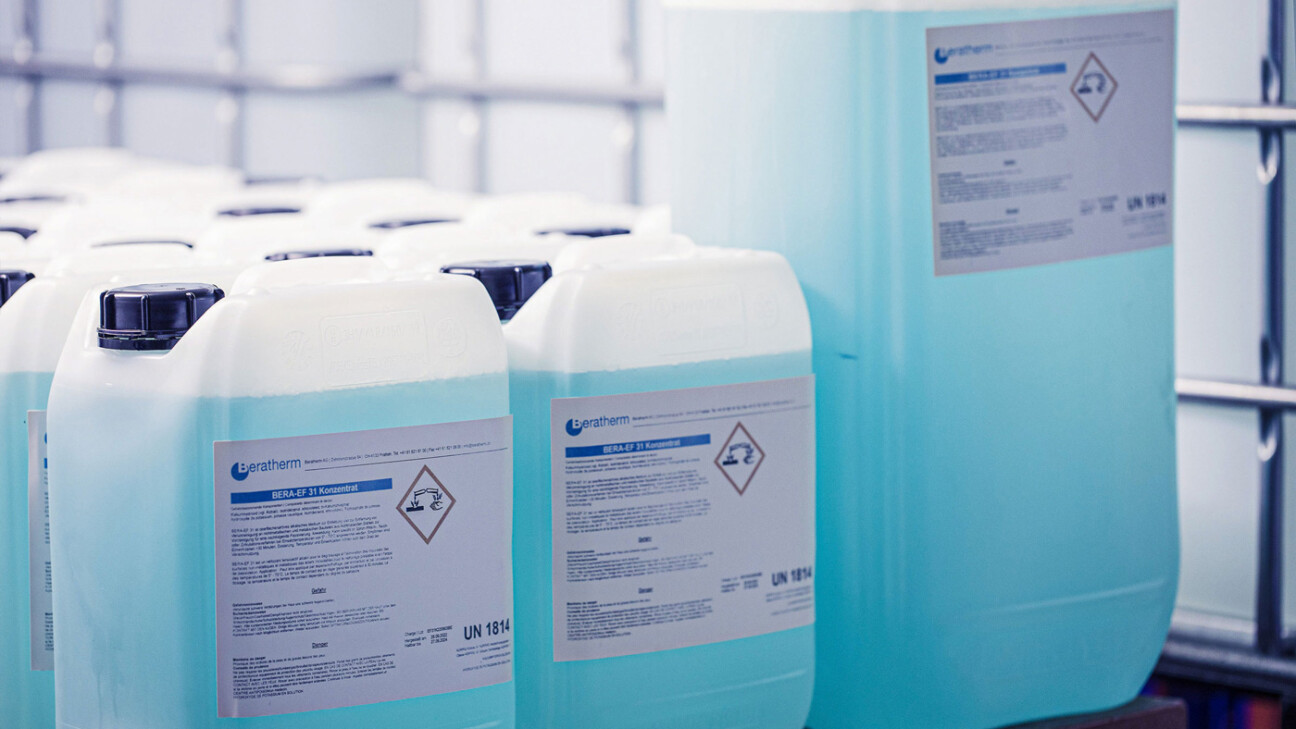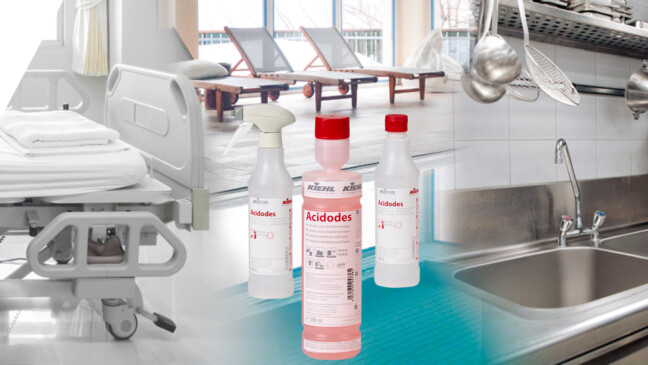
29.06.23
Contract manufacturing in the chemical industry: importance and advantages
Contract manufacturing refers to the production of products on behalf of another company. Manufacturing chemical products requires specialized equipment and expertise that is not available in every factory. In such cases, contract manufacturing can be an attractive option.

What is contract manufacturing?
Contract manufacturing is a concept in which a company outsources the production of products or services to another company. In the case of the chemical industry, this means that a company outsources the production of chemical products to a specialized company that has the necessary equipment and expertise to carry out the production. Companies engaged in contract manufacturing specialize in manufacturing products or providing services on a large scale and can offer a wide range of products.
Advantages of contract manufacturing in the chemical industry
- Cost efficiency: contract manufacturing can often be more cost-effective than conducting production in-house. This is because the outsourcing company is not responsible for purchasing and maintaining the necessary equipment.
- Specialized knowledge: Specialized companies that specialize in contract manufacturing in the chemical industry have the necessary expertise and experience to perform production with higher quality and efficiency.
- Flexibility: contract manufacturing allows a company to expand its production capacity quickly and flexibly without having to invest in purchasing new equipment and expanding production facilities.
- Risk minimization: contract manufacturing can help minimize the risk of production downtime and quality problems. Because specialized companies have extensive experience in production, they can resolve potential problems more quickly and effectively.
- Focus on core competencies: By outsourcing production, a company can focus its resources on its core competencies and improve its competitiveness.
Important basic requirements
In contract manufacturing, there are important factors to consider to ensure that the collaboration between the client and the producer runs smoothly and that the desired result is achieved:
- Quality assurance: the client should ensure that the producer is able to deliver high quality products or services. This may require defining certain quality standards and conducting regular quality checks.
- Communication: Open and clear communication between the client and the producer is important to ensure that both parties are aware of all important details of the contract. This may include regular meetings and status updates.
- Cost management: both parties should ensure that cost factors are clearly defined. This includes contractual agreements on price, scope of the assignment, and payment terms.
- Intellectual property: the client ensures that ownership of the product or service produced is clearly defined and that the producer respects these rights.
- Time Management: The Client shall ensure that the Producer has all necessary information in a timely manner. The Producer is responsible to complete the order within the agreed timeframe and that the production process is well organized to minimize delays.
- Regulatory risks: The chemical industry is subject to strict regulation. If the contract manufacturer is not able to comply with the applicable regulations, this can lead to significant legal and financial risks. It is therefore important to ensure that the contract manufacturer has the necessary certifications and licenses and meets compliance requirements.
By taking these aspects into consideration, contract manufacturing can be an effective way to produce high-quality products or services at a competitive price.
Summary
Working with a contract manufacturer in the chemical industry can be of great benefit to companies. Contract manufacturers have expertise, technology and resources that are essential to producing high quality products. In addition, contract manufacturers can provide flexibility for companies that they would not otherwise have by offering the ability to increase or decrease production capacity on short notice. In addition, working with a contract manufacturer can shorten time-to-market by allowing production to occur quickly and efficiently. Overall, successful collaboration between a developer and a contract manufacturer depends on clear communication, a clear understanding of specifications and agreements, and regular quality control.


Tell us what you think
Be the first to comment this post.
You must be logged in to leave a comment.